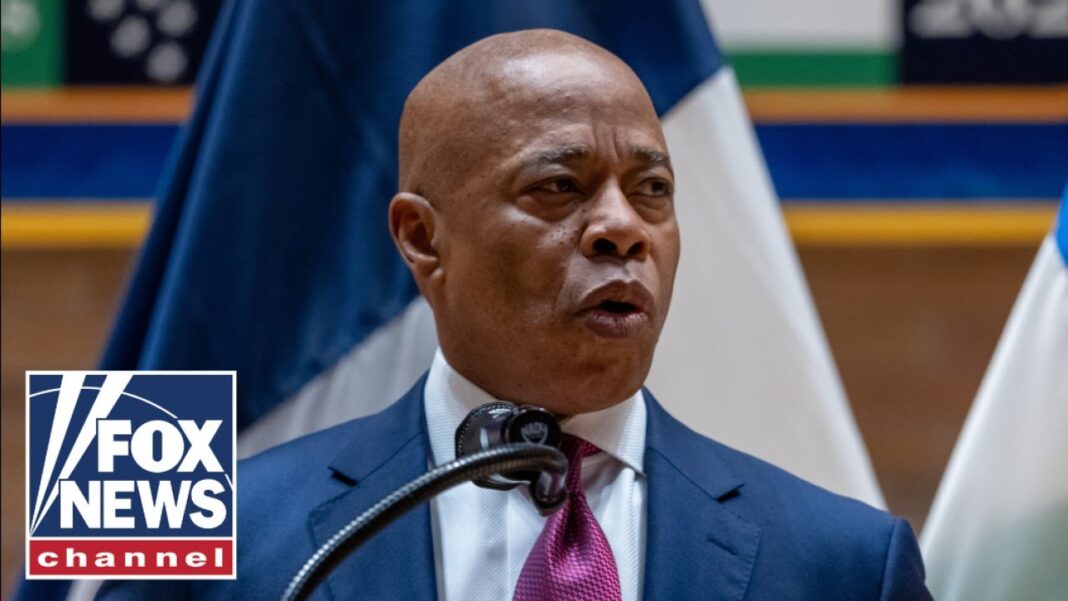In the clutter of the bureaucracy, politicians seek to reinvent the Waste, Fraud, and Abuse (WFA”) magic wheel, this time under the name of the Department of Government Efficiency (“DOGE”). That DOGE wheel has been spinning for decades under the various names listed in Part II.
Based on prior WFA commissions, Congress has enacted many laws to recover the billions of dollars already identified as WFA. These laws, combined with the Inspector Generals and Chief Financial Officers in many agencies, have established excellent financial systems for tracking WFA as it occurs and recovering stolen monies.
Moreover, in the last decade, the General Accountability Office (“GAO”) has identified the programs of 37 federal agencies that pose a High Risk of WFA. In its 2024 Annual Report, GAO noted that its efforts since 2006 to reduce WFA have recovered over $667 billion in cost savings and revenue increases. Recently, GAO presented another 112 new recommendations for agencies to recover.
Another study will only delay implementation. It’s now time to use the enforcement tools Congress gave the President.
Federal laws to reduce identified WFA.
The Federal False Claims Act. It was first enacted in 1863 to address fraud perpetrated by defense contractors submitting false claims during the Civil War. Its key provisions prohibit a person from presenting false or fraudulent claims to the government for payment; the making or using of a false record or statement material to a false or fraudulent claim; or a conspiracy to submit false claims or records to the government.
Violations of the Act include civil penalties of not less than $5,000 and not more than $10,000, plus three times the amount of damages sustained by the government plus the government’s cost to recover the damages.
The Fraud Enforcement and Recovery Act of 2009 amends the Federal False Claims Act. While much of its focus is on mortgage fraud due to the 2007-2009 real estate crisis, it makes the recovery of the funds easier by changing several definitions and expanding the definition of conspiracy. It allows for enforcement against all those involved in the WFA activity.
The Federal Program Fraud Civil Remedies Act of 1986. This Act provides for administrative sanctions against a person who presents or causes to be presented a claim to a federal agency that the person knows to be false. Violations of the Act are subject to civil monetary penalties ranging from $10,000 to $50,000 per violation and as much as twice the amount of the false claim.
Congress also enacted several laws targeting healthcare fraud, where the most significant fraud occurs.
The Health Care Fraud Statute makes it a criminal offense to knowingly execute a scheme to defraud a health care benefit. Violations are punishable by up to ten years imprisonment and fines up to $250,000.
The Anti-Kickback Statute in the Social Security Act prohibits offering, paying, or receiving any remuneration to induce an individual into a kickback scheme. Moreover, an Exclusion provision in the Social Security Act prohibits individuals convicted of healthcare fraud from participating in federal health insurance programs.
Additional Suggestions for Congress and the President to enhance WFA enforcement powers.
While federal enforcement powers to reduce or eliminate WFA are significant, several additional mechanisms may foster quicker recoveries.
The President should issue an Executive Order directing all agencies on GAO’s High-Risk list to implement GAO’s recommendations immediately. By issuing an executive order, the president puts pressure on the head of an agency that is poorly managing high-risk programs. The President should inform the relevant cabinet officers of sanctions, including being fired, should they fail to remedy the WFA in their agency. Moreover, Congress could reinforce the Executive Order with reductions in the agency’s budget equal to or greater than the amount lost due to WFA. This would significantly incentivize agencies to take immediate action against WFA.
Amend the civil recovery statutes to impose strict, joint, and several liability on all participants in specific WFA activities. The environmental law, the Comprehensive Environmental Response, Compensation and Liability Act, better known as “Superfund,” imposed strict, joint, and several liability upon all parties that improperly disposed of waste at a site needing federal cleanup. This type of liability scheme was essential to ensuring site cleanup. While the government could identify those dumping waste at a site, allocating liability among the parties for specific contamination was nearly impossible. To get around this difficulty, every party at the site was strictly liable for the waste they sent to the site and jointly and severally liable with all the other participants to clean up the site.
The government’s benefit from this liability scheme is that it forced the generators to allocate liability among themselves; otherwise, the government could go after any specific generator for the entire amount of the cleanup.
Since many schemes to defraud the government consist of multiple individuals and entities with different levels of participation, the government needs only to sue a few of the involved parties for the entire amount of the fraud. Those sued would then bring claims against the other participants. By allowing the government to seek strict, joint, and several liability, the offending parties have a significant incentive to allocate the repayment of the defrauded monies or risk having to pay damages for the entire amount of the WFA scheme.
Establish a high-level Task Force that takes action against identified WFA. The Department of Justice (“DOJ”) has created Task Forces to root out organized crime, gang violence, election threats, Medicare and Medicaid fraud, COVID-19 fraud, healthcare fraud, and Hurricane Katrina fraud. If the President is as intent as he states to root out WFA, he should order the DOJ to immediately establish a WFA Task Force to take action against all outstanding, identified WFA schemes. DOGE should monitor the efforts and report on the success of the DOJ’s enforcement actions.
Order agencies to develop innovative ways to encourage private law firms to bring Qui Tam actions against those committing WFA. If the government needs additional resources, it could recruit thousands of private sector law firms to bring Qui Tam actions against the fraudsters. The law firm’s incentive is that it would receive a significant portion of the recoveries under the Qui Tam lawsuits. Qui Tam is a federal law allowing private parties to prosecute a person for the government and receive a reward from the recovered proceeds. Since the Federal False Claims Act authorizes private party Qui Tam actions to assist the government in prosecuting and recovering WFA claims, all the involved agencies should seek the assistance of private law firms to recover all identified WFA activities. Many lawsuits against the fraudsters would likely end their WFA activities. One district judge, however, in September 2024, found the Qui Tam provision unconstitutional as a violation of the appointments clause.
If the above activities were undertaken, it would demonstrate that the federal government is serious about attacking WFA. In the final analysis, the President has substantial power to stop WFA. More WFA commissions are only a delaying mechanism. It is time for the President to apply his enforcement powers against those defrauding the government. In the final analysis, its enforcement stupid!
Part Five – Utah Land Claim, Put Up or Shut Up – Time for DOGE to Shrink Government
Part Four – DOGE: Can’t Shrink Government Without Eliminating Its Power
Part Two – The Many Efforts by Predecessors of DOGE to Root Out WFA.






